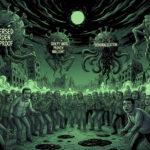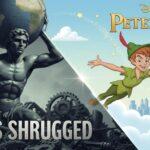
Mandatory Submission: When Health Becomes the Ultimate Philosophical Fraud The recent era of biomedical statecraft revealed a deep philosophical and legal crisis that strikes at the foundations of Western liberty. At the heart of this collapse is a subtle but devastating inversion of the burden of proof, an epistemological error weaponized through the political application of germ theory. In any society governed by reason and natural law, a man is […] Read more »













